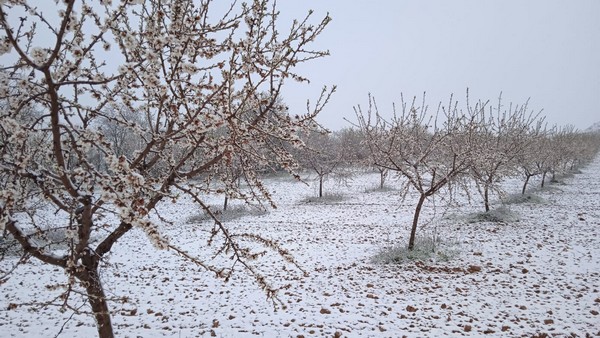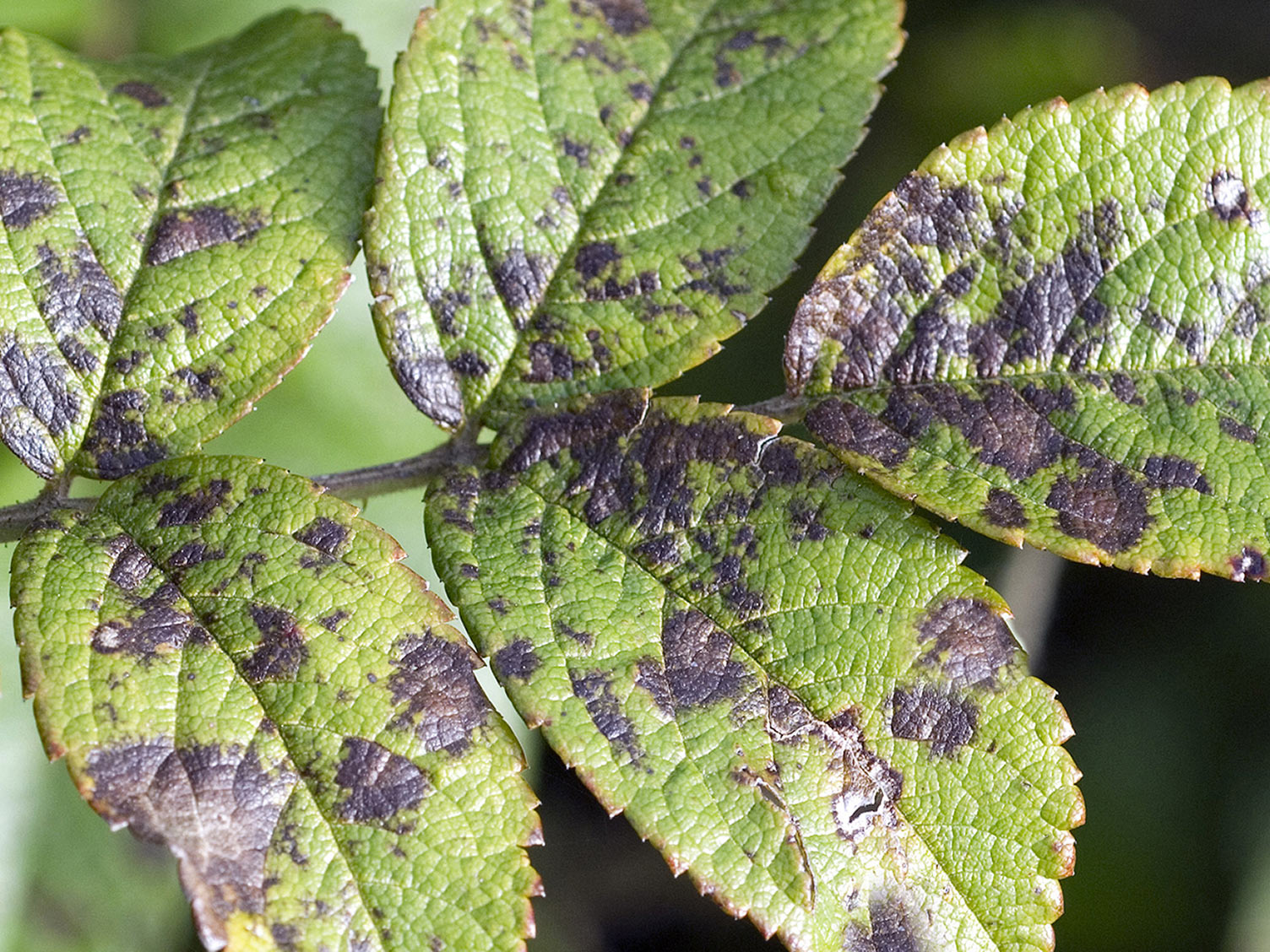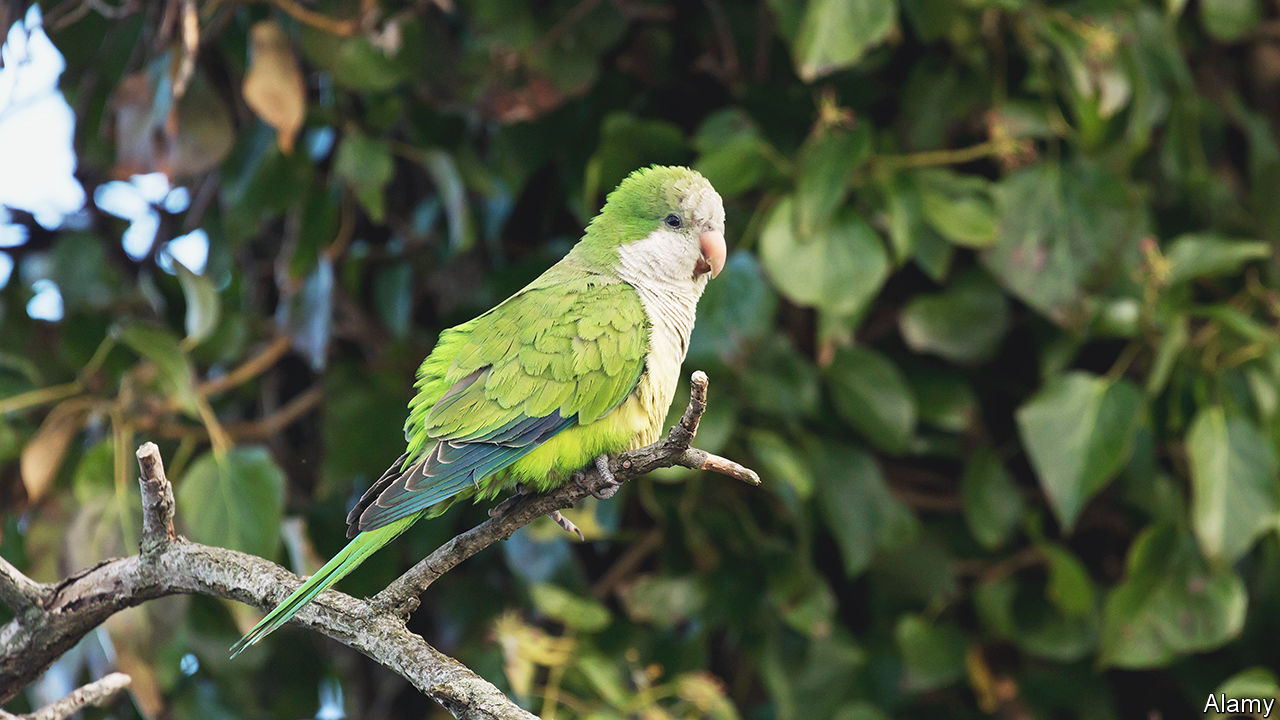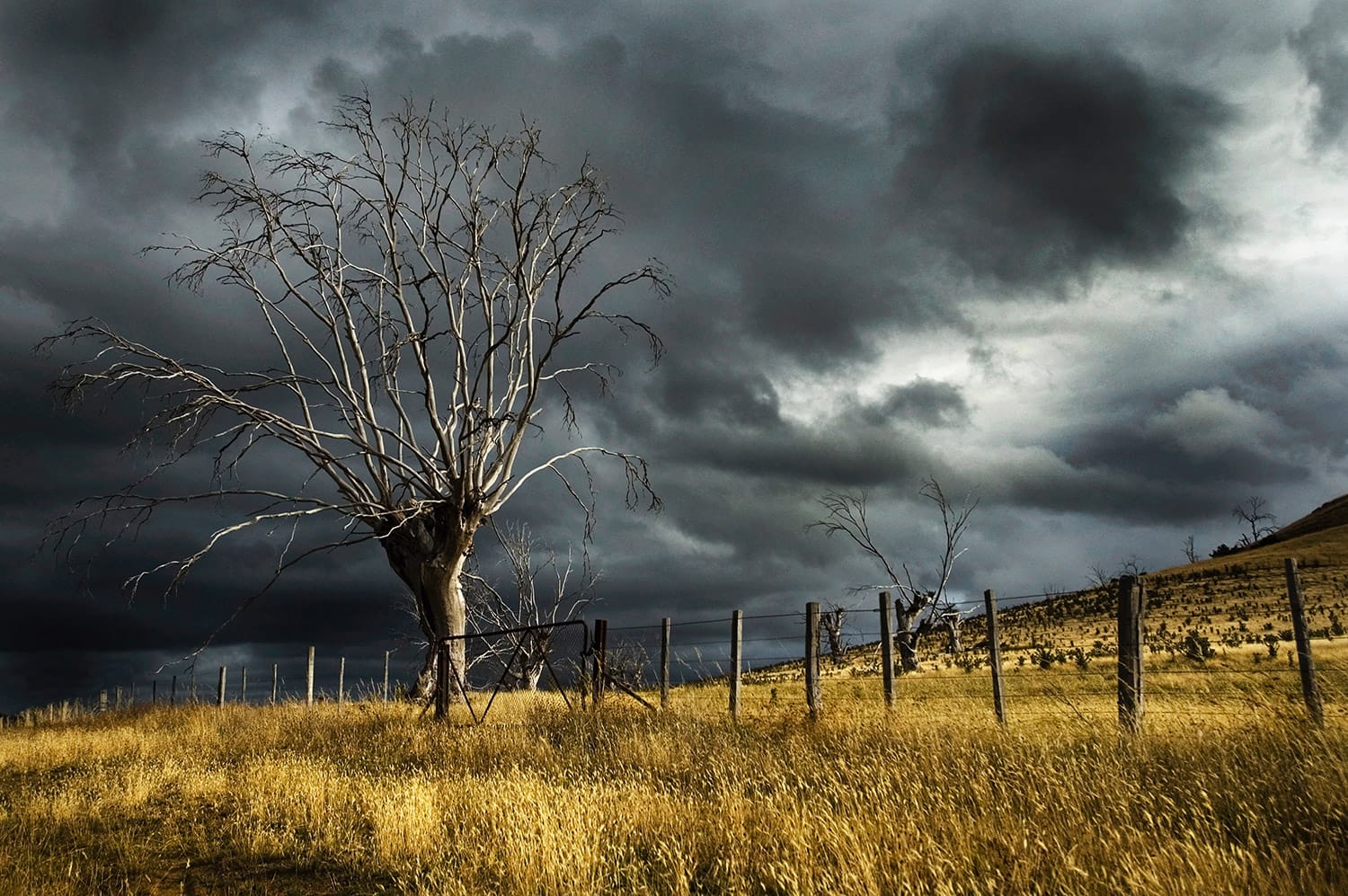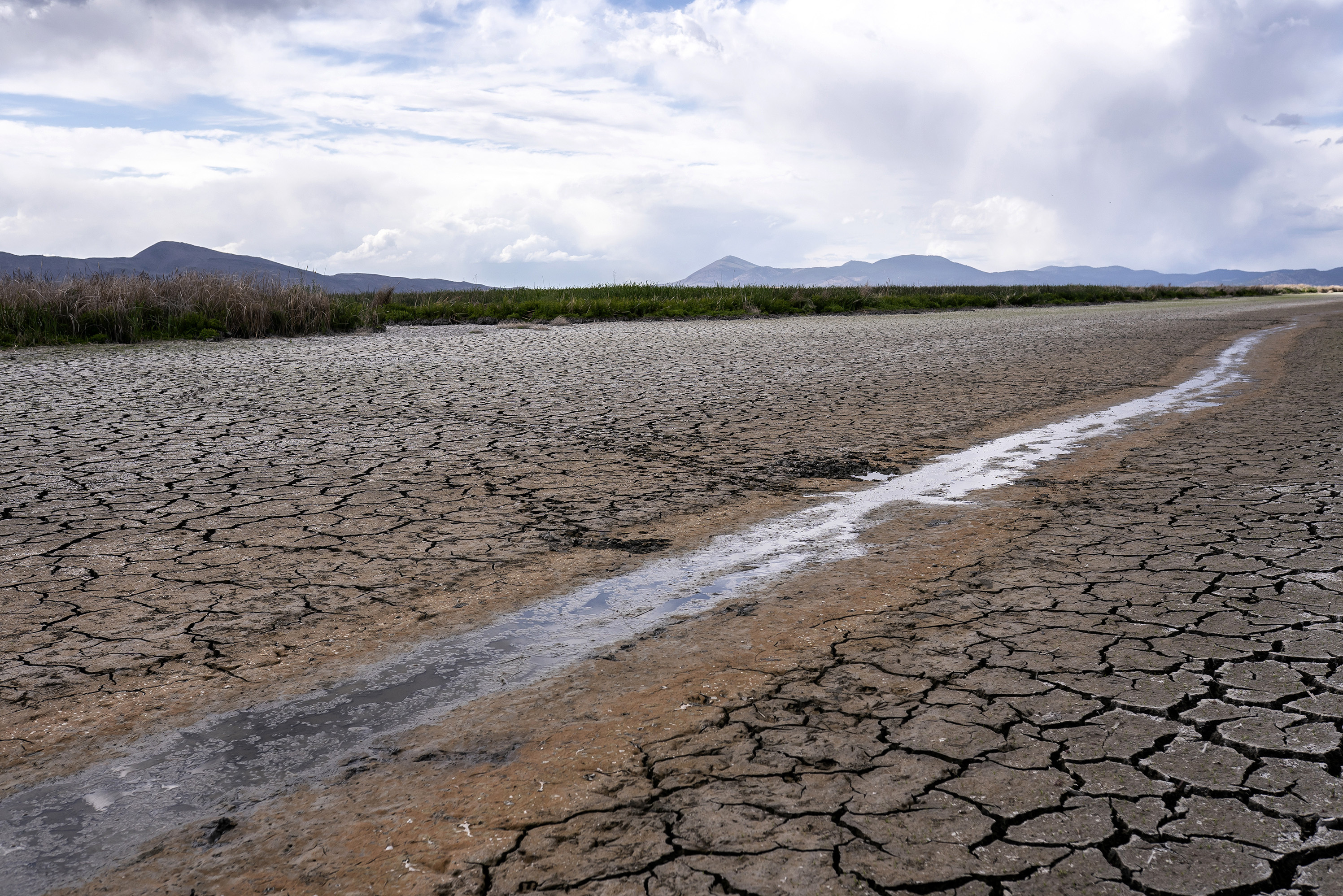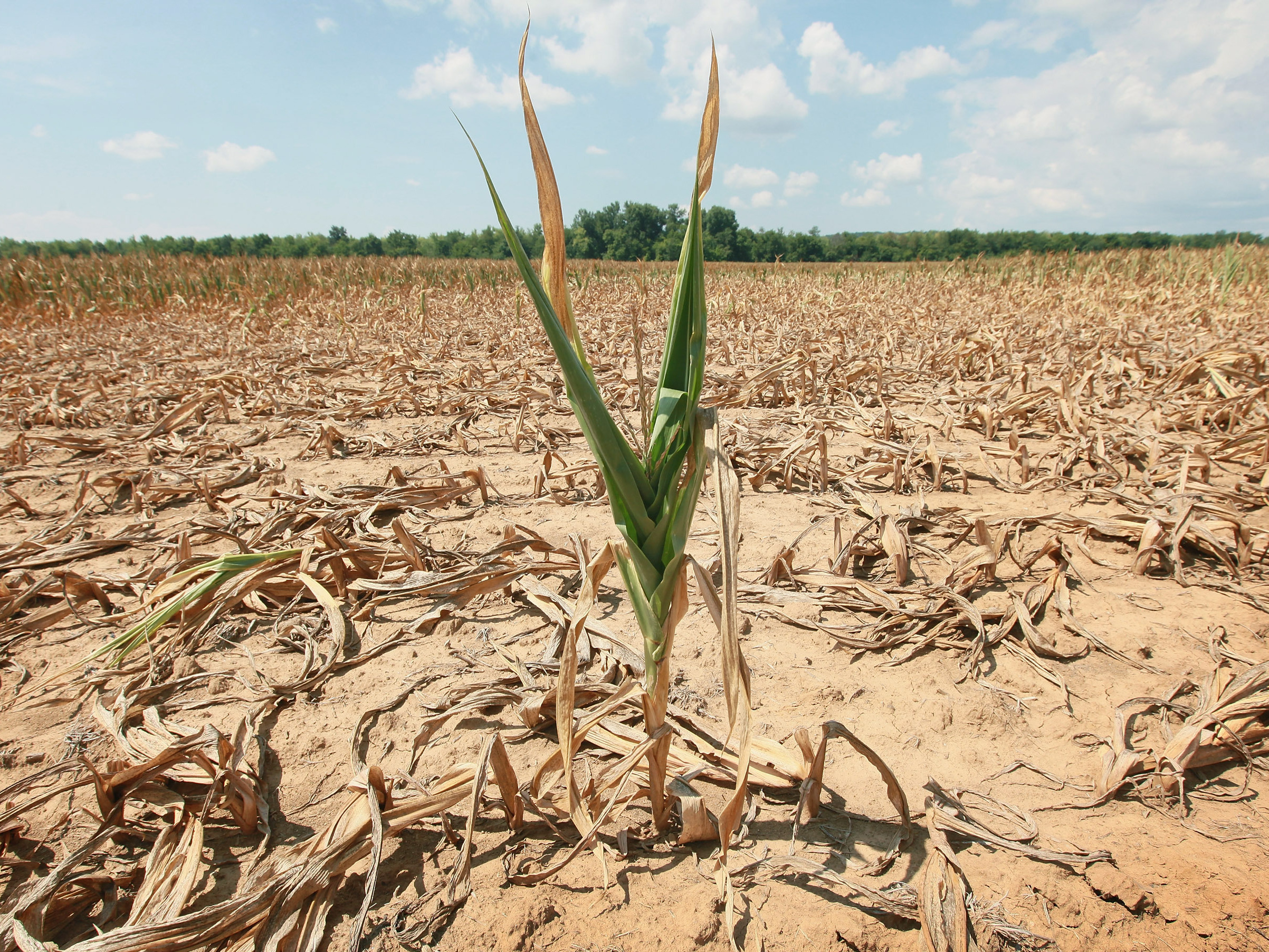During the months that Jonathan Malacarne spent traveling from village to village in rural Mozambique, the weather could be dry and dusty or soaking wet from heavy rain. Either way, people from the community would walk and ride bikes from miles away to meet under the shade of a tree or in a classroom to learn about insured maize seeds.
Malacarne, a Ph.D. candidate at the University of California, Davis, is part of a team of agricultural economists testing whether these insured seeds can increase food security for farmers who regularly risk losing crops to extreme weather. In Mozambique, this includes flooding from a rare but catastrophic cyclone like Idai in 2019 but is more likely to be extreme drought that can strike in any year.
"Drought is definitely among the most frequently cited and most severe concerns that households have," Malacarne said. "Heavy reliance on a rain-fed staple crop in a drought-prone region with limited access to financial services all translate into high levels of food insecurity pretty quickly."
The lasting impacts of drought
Small-scale farmers in Mozambique may plant a handful of crops but maize, or corn, is their main staple. Most often maize is ground into meal and cooked into xima, a stiff porridge. For many farmers, maize is their only source of income.
Increasing how much maize farmers can grow, even despite drought, would go a long way toward making households more food secure. According to the World Bank, about 30 percent of the population in Mozambique is undernourished.
One of the challenges is that farmers in Mozambique mostly plant local seeds saved from last year's crop. The seeds cost nothing but require regular rain until the cobs mature. Farmers who instead spend money on improved, drought-tolerant seeds will get much bigger harvests, especially if there is a moderate drought. But, if the rains never come at all, the farmer who paid for better seeds will lose more.
"If you spend all your money on seeds that are expensive to buy and then they fail anyway, there's nothing left to get your family through to the next season," Malacarne said. Malacarne first learned about these kinds of constraints as a Peace Corps volunteer in Nicaragua before he joined the Ph.D. program in agricultural and resource economics at UC Davis.
For small-scale farmers, a severe drought can lead to impacts that last well beyond a single season. Families might sell some of what they own, like livestock or tools, making it harder to start over the next season. Another option is to skip meals, which can compromise adults' ability to work or stunt the growth and development of their children.
"These circumstances can quickly push families to a tipping point after which they will always be poor, with no chance to build back the assets they need to escape poverty," said Michael Carter, a professor of agricultural and resource economics at UC Davis and director of the Feed the Future Innovation Lab for Assets and Market Access.
Carter has been studying these dynamics for decades. He believes one way to disrupt them is for farmers to increase their assets. In Mozambique, where there is little opportunity to earn outside of agriculture, this means growing more maize. However, this requires risking cash that would sustain the family in a severe drought.
"Reducing this risk is one way of shifting the tipping point, which reduces the intervention needed to help households escape chronic poverty and possibly even develop some resilience to the next shock that comes along," Carter said.
Adding insurance to seeds to increase overall drought protection
Since as early as 2014, Carter and Travis Lybbert, also a professor of agricultural and resource economics at UC Davis, have wanted to test whether bundling drought-tolerant seeds with insurance could overcome the limitations of the seeds alone.
"Seeds that enhance the resilience of farmers facing drought has been probably the most popular public and private crop investment in the past 20 years," Lybbert said. "Adding insurance expands this resilience to include even the worst possible outcomes."
In 2015, with support from USAID, Carter, Lybbert and Stephen Boucher, also a professor of agricultural and resource economics at UC Davis, launched a study to test how bundling seeds and insurance would actually work in Tanzania and Mozambique.
The UC Davis team partnered with CIMMYT, a nonprofit research center based in Mexico that has spent decades selectively breeding maize seeds that can withstand some drought. They also developed an index insurance that would replace the seeds in the event of a severe enough drought.
Index insurance is a type of insurance that avoids the cost of verifying losses by basing payouts on an easy-to-measure index of factors, such as weather or average yields. In Mozambique, seed replacements would trigger when satellite data showed a lack of rain early in the season or when full-season rainfall and vegetation growth estimated that crops had failed.
"In the extreme case, families can lose everything, even seed for next year," Malacarne said. "Being able to start over with improved seed is a big deal, and they're also learning about how insurance works."
Taking a new kind of drought protection from village to village
In Mozambique, Malacarne would watch as members of the survey team gave their presentation on the drought-tolerant seeds and insurance either in Portuguese, the national language in Mozambique, or in one of the local languages like Shona or Ndao.
Toward the end of the presentations, when it came time to make sure everyone understood the index insurance that would guarantee the seeds, each attendee held two cards, one red, one green. Everyone in the village has a good harvest? Green card, no replacement. Had a bad harvest but most neighbors had a good one? Green card, no replacement. Almost everyone had a bad harvest? Red card, replacement.
No one in these parts of Mozambique, about six hours from the nearest major city, had any experience with insurance. But everyone understood drought. They also understood community. When the research team designed the contract zones, they were careful to keep communities together.
"In these areas the community is the unit of organization generally," Malacarne said. "That everybody in the community would get the same payment made sense."
In the time Malacarne spent in Mozambique, he and his team, along with seed company representatives and local agricultural extension workers, visited 69 communities. In addition to the presentations, the team gathered three rounds of hourlong, one-on-one surveys with about 1,500 farmers to measure the bundle's impact.
For all the time Malacarne spent in Mozambique, he mostly knows the farmers there through the data collected in those surveys. It's a different experience than he had in Nicaragua, where he worked with individual farmers over a long period of time and could see firsthand the challenges they face.
"We are trying to learn things that are going to guide policy in a way that impacts a lot of people but not necessarily these specific people," Malacarne said.
Though the research team has just completed its final round of surveys, early analysis shows that the project worked exactly as it was designed. In 2017, when a severe drought struck in Tanzania, the insurance triggered the replacement of 1,220 packets of seed. In Mozambique, higher yields were driven by only moderate periods of drought but good seasons overall.
Across both countries, over 2,000 households bought drought-tolerant seeds and nearly 1,000 bought the seeds bundled with insurance. Farmers who bought the improved seeds, with or without insurance, had higher yields by about 380 kg per hectare. That's about 50 percent more maize than farmers without the improved seeds could grow.
This success could lead to farmers continuing purchasing the improved seeds, and also insurance if the project's partners in both countries continue to make it available. "In order to help people to solve the problems they face in a way that makes sense for them, you have to understand what those decisions look like through their eyes," Malacarne said. "That's what research does."
Source - https://phys.org/


